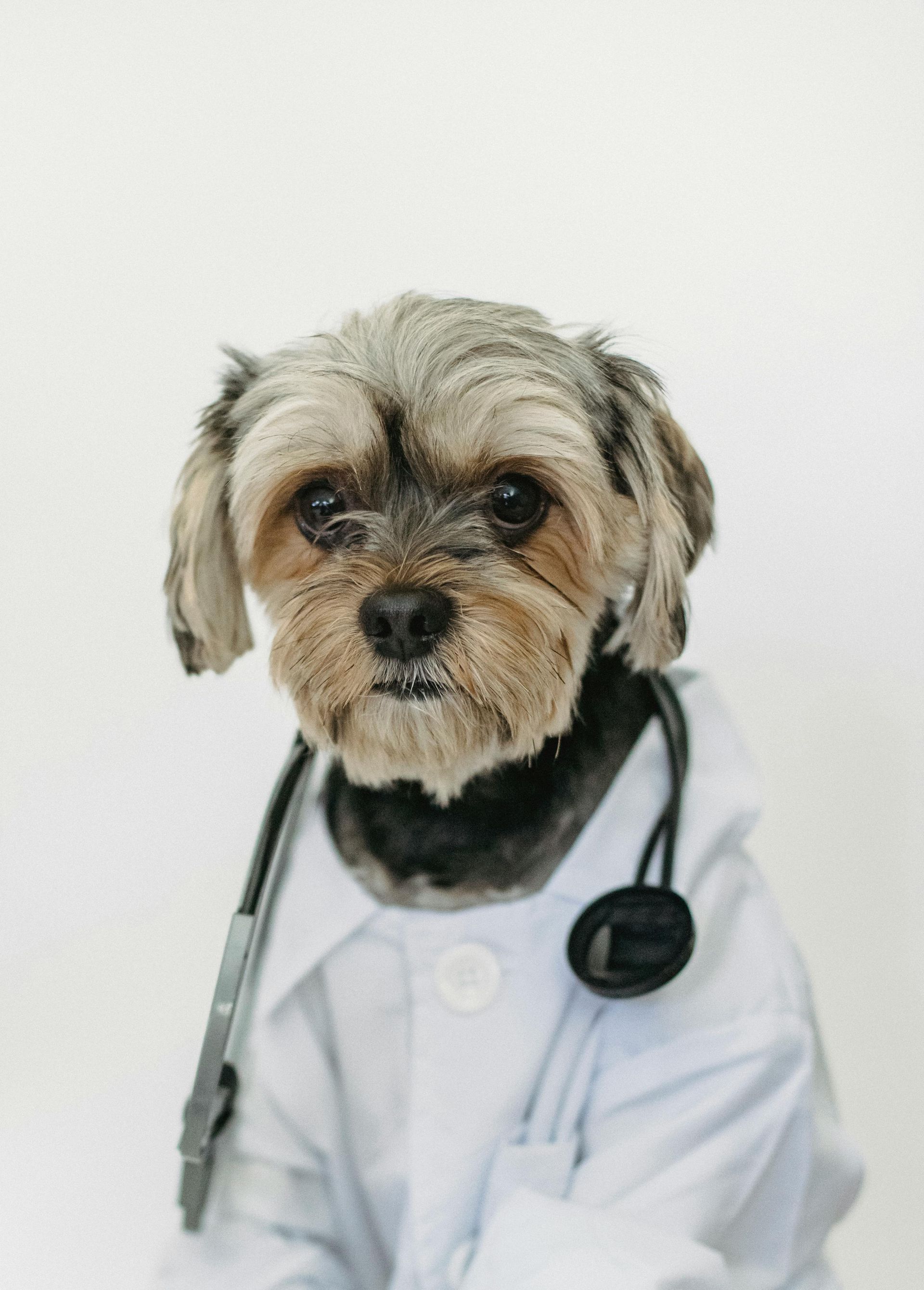VETERINARY IMAGING CENTER
OVERVIEW OF PET DIAGNOSTICS
At the Animal Hospital Fairfield Veterinary Imaging Center, we offer state-of-the-art diagnostic imaging services to ensure the highest level of care for your pets. Our advanced technologies, including radiology (X-rays), computed tomography (CT) scans, and magnetic resonance imaging (MRI), allow us to detect and diagnose a wide range of conditions with precision and minimal invasiveness. Whether your furry friend is dealing with orthopedic issues, internal organ abnormalities, or neurological concerns, our imaging services provide detailed insights that guide effective treatment plans. These tools benefit pets of all ages and breeds, from routine check-ups to complex cases, helping veterinarians make informed decisions quickly and accurately.
Save Time & MONEY
FAST & PRECISE RESULTS
BOOST RECOVERY RATES
EARLY DETECTIONS SAVE LIVES
W H Y CHOOSE
ADVANCED IMAGING TECHNOLOGY
A PET-TASTIC STATISTIC!



